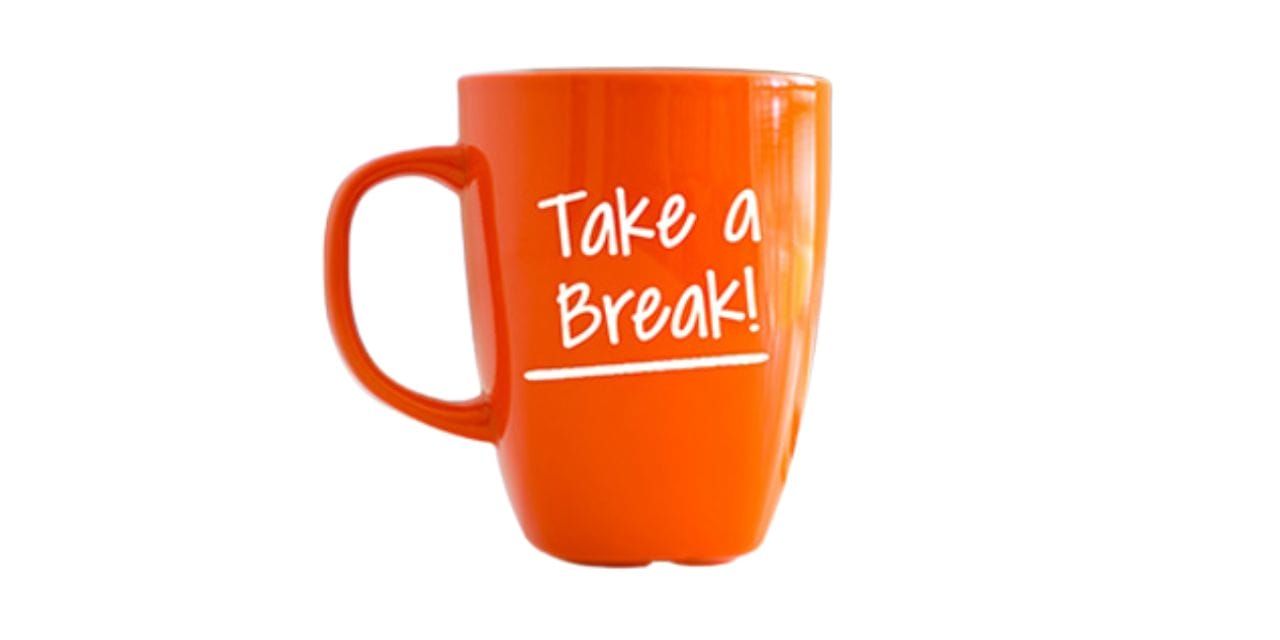Bartending is a dynamic and rewarding profession. However, it comes with its own set of challenges, such as managing fatigue during long, demanding shifts.
Understanding how to avoid Bartender fatigue is vital for maintaining not only your physical and mental stamina but also your enthusiasm for the job.
This article offers a range of practical strategies to help Bartenders stay energetic and focused, ensuring that each shift is as enjoyable as it is productive.
Causes of Bartender Fatigue
Bartender fatigue is a complex mixture of physical, mental and emotional exhaustion. Identifying its causes can help you address them effectively. Here are some common factors that contribute to fatigue in the bartending profession:
- Long hours and irregular sleep: Night shifts and extended hours can disrupt your natural sleep cycle, leading to sleep deprivation and grogginess.
- Physical exertion: The role demands constant movement, lifting and standing, which can lead to muscle fatigue and physical exhaustion.
- Cognitive load: Managing multiple drink orders, handling customers and balancing various tasks can lead to mental fatigue and stress.
- Environmental factors: Loud music, crowded spaces and dim lighting can also contribute to sensory overload and stress.
Recognizing these contributing factors is the initial step toward effectively counteracting fatigue. The next crucial step is to prepare thoroughly for long shifts through proper planning and care.
Preparing for Long Shifts
With comprehensive preparation, you can build the stamina needed to manage the stress and physical demands of bartending with confidence and efficiency.
Physical preparation
Physical preparation involves regular cardiovascular exercise, such as running or cycling, to enhance endurance. Strength training targeting your core, arms and legs will also help you perform physical tasks more easily.
Incorporating daily stretches for your back, legs and shoulders can enhance flexibility and prevent injuries. Additionally, wearing supportive, non-slip footwear is crucial for minimizing foot fatigue during long hours on your feet.
Mental preparation
Mental preparation significantly affects your stamina and effectiveness. Practicing mindfulness can help you stay calm under pressure, while techniques like deep breathing and visualization keep you focused.
Setting daily and weekly goals maintains motivation and promotes a positive outlook. Journaling your experiences can also help clear your mind and prepare you mentally for shifts.
Nutrition and hydration strategies
A balanced diet and proper hydration are critical for sustaining energy levels during hectic shifts. Consuming complex carbohydrates, such as whole grains and vegetables, provides a steady energy supply. Lean proteins like chicken, fish and beans aid muscle recovery, while healthy fats and fruits contribute essential nutrients and energy.
Hydration is vital for both physical and mental performance. Drinking water regularly prevents dehydration, and electrolyte-rich beverages can be beneficial in hot conditions. While sugary and caffeinated drinks may be tempting, it’s best to limit them, as they can cause energy spikes and crashes.
Efficient Work Habits
Adopting efficient work habits can significantly mitigate stress and enhance productivity in the bartending environment.
Effective organization and time management are essential for minimizing unnecessary stress. Before each shift, take the time to arrange your workspace for optimal efficiency, ensuring that essential tools and ingredients are within easy reach. Proper bar setup helps streamline your workflow, making it easier to tackle tasks as they arise.
When it comes to task management, prioritize your responsibilities based on urgency and complexity. Breaking down large tasks into smaller, manageable steps allows you to approach each element methodically, preventing overwhelm.
Additionally, creating checklists for opening and closing procedures ensures that nothing is overlooked, contributing to a smooth operation and a more organized environment.
Techniques for minimizing physical strain
To reduce the physical demands on your body while bartending, it’s important to implement specific strategies that promote safety and efficiency. By adopting these techniques, you can help prevent injuries and minimize fatigue during your shifts.
Here are some effective strategies to consider:
- Proper lifting techniques: When lifting heavy items, always bend at the knees and keep the load close to your body to prevent strain. This method reduces the stress on your back and allows for a more stable lift.
- Ergonomic tools and work aids: Utilize bartending tools designed to minimize strain and fatigue, such as padded mats that provide comfort while standing and ergonomic grips that make handling utensils easier.
- Regular equipment maintenance: Check and maintain your equipment to ensure it operates smoothly and requires less force or effort to use. Properly functioning tools help reduce the physical effort needed during busy shifts.
Taking Breaks and Resting

Regular breaks and quality rest are crucial for maintaining energy levels and preventing burnout during your shifts. Integrating short breaks into your routine can significantly enhance your performance during busy hours. Taking brief pauses allows you to stretch, breathe deeply and mentally reset, which can improve your alertness and reduce fatigue.
In addition to these short breaks, planning for longer, scheduled pauses is essential. These longer breaks provide the opportunity to sit down, relax and recharge. Besides offering physical rest they also create the mental space needed to gather your thoughts and prepare for the next rush.
Equally important is ensuring adequate rest between shifts, which is vital for overall recovery. To optimize your rest, consider the following strategies:
- Consistent sleep routine: Maintain a regular sleep schedule to help your body establish a healthy circadian rhythm.
- Restful environment: Create a sleep-conducive atmosphere by using blackout curtains, white noise machines and a comfortable mattress to minimize disturbances.
- Pre-sleep routine: Develop a soothing pre-sleep routine, such as taking a warm bath or reading, to signal to your body that it’s time to unwind.
Stress Management
Effective stress management techniques can significantly enhance your overall stamina and enjoyment of your work as a Bartender. By identifying stressors and implementing strategies to address them, you can create a more balanced and positive work environment.
Consider the following approaches to managing stress effectively:
- Relaxation practices: Engage in activities such as yoga, meditation or moderate exercise to reduce stress levels and promote a sense of calm.
- Positive self-talk and support networks: Utilize positive affirmations to boost your confidence and connect with peers for support and encouragement during challenging shifts.
- Time for hobbies: Dedicate time to activities outside of work that you enjoy. Engaging in hobbies can refresh your mind and help reduce occupational stress.
Conclusion
Learning how to avoid Bartender fatigue takes a well-rounded approach that includes preparation, good nutrition and making time for breaks and rest. By putting these strategies into practice, Bartenders can not only build their stamina but also enhance their overall experience on the job.
To explore more opportunities for advancing your bartending career, consider checking out OysterLink. This jobs platform offers valuable resources and industry insights designed to help hospitality professionals achieve their career aspirations.








Loading comments...